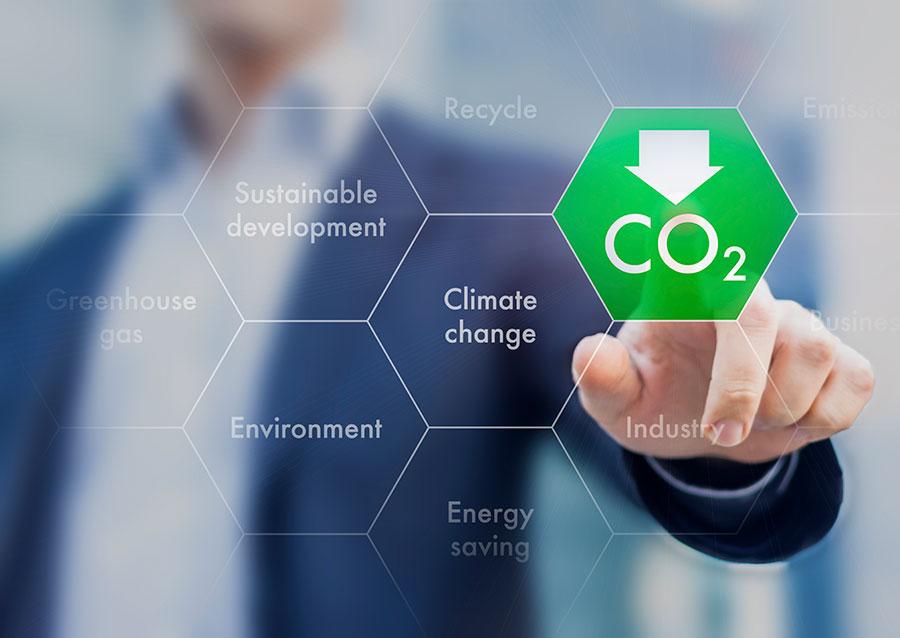Business Energy Broker
What is net zero and how can YOU get there?
The term ‘net zero’ is starting to crop up in the news on an almost daily basis – most often as a target for cutting the carbon emissions that cause climate change. But what does net zero actually mean and, more importantly, is it possible?
Can you become a Net Zero Business?
Do you want support to achieve Net Zero?
How did net zero come about?
With the scale of extreme weather we’ve seen over the past few years – from Australian bush fires to flooding in the UK – few people now deny that we are facing a climate emergency. The scientific evidence is clear: emissions of greenhouse gases, resulting from human activity, are causing our climate to change.
Carbon dioxide is emitted when fossil fuels are burned to meet our demand for energy. Although it isn’t the only greenhouse gas, carbon dioxide is the most significant. As such, the term ‘carbon emissions’ is often used to talk about all greenhouse gas emissions.
To address the problem, in June 2019, the UK became the first major economy to pass legislation that commits the country to net zero emissions by 2050. In other words, the target is to reduce net greenhouse gas emissions by 100%, relative to 1990 levels, by the middle of this century.
What does net zero actually mean?
The term net zero means achieving a balance between the carbon emitted into the atmosphere, and the carbon removed from it. This balance – or net zero – will happen when the amount of carbon we add to the atmosphere is no more than the amount removed.
To reach net zero, emissions from homes, transport, agriculture and industry will need to be cut. In other words, these sectors will have to reduce the amount of carbon they put into the atmosphere. But in some areas, like aviation, it will be too complex or expensive to cut emissions altogether.
These ‘residual’ emissions will need to be removed from the atmosphere: either by changing how we use our land so it can absorb more carbon dioxide, or by being extracted directly through technologies known as carbon capture, usage and storage.
Why net zero by 2050?
There are a few reasons why the target date set by the UK Government is 2050. But it’s important to remember that if we are to reach this target by the middle of this century, considerable changes will need to take place well before that date, and ideally before 2030.
If other countries follow the UK’s lead and reach net zero emissions by 2050, the Committee on Climate Change advised there would be a 50% chance of avoiding a ‘catastrophic’ 1.5°C temperature rise by the year 2100.
The year 2050 was also seen as the first realistic date for net zero emissions to be achieved, balancing the urgent need to take action with the inevitable impact on the economy.
There are different official carbon targets for different parts of the UK. Scotland, for example, has committed to net zero emissions by 2045, while Wales has aligned with the UK target of 2050 but with ambitions to get there sooner.
And the Committee on Climate Change has advised Northern Ireland to cut carbon emissions by at least 82% by 2050, after noting that the country’s agricultural emissions would likely prevent it from reaching net zero in the next 30 years.
How much would net zero cost?
Reaching net zero emissions by 2050 is not going to be cheap. In its Sixth Carbon Budget released last year, the Committee on Climate Change estimated that the annual cost of achieving net zero would be 0.6% of gross domestic product (GDP) by the early 2030s, falling to around 0.5% by 2050.
This would mean increasing investment in low carbon technologies from around £10 billion in 2020 to £50 billion by 2050.
What’s clear is that not aiming for net zero is not an option. The costs of disastrous effects of climate change if left unchecked will be much higher than the costs of achieving net zero: many trillions of pounds, according to some estimates.
Ultimately you can’t put a price of the benefits of achieving net zero. And it’s not just about cutting emissions. It’s also about bringing about a better way of life: cleaner air and water, warmer and healthier homes, cleaner transport, greener spaces and better habitats for our wildlife.
We can support you on understanding how your business can help the UK reach its net zero target by making sustainable changes and at the same time dramatically improve your carbon footprint and CSR policy.
If you’d like to talk to one of our experts about how you can improve your organisation’s energy efficiency and/or protect your business from future cost rises, give us a call on 0333 9000 246 or email Jason.thackray@utilityswopshop.co.uk

More information is available by speaking to Jason Thackray on 0333 9000 246 or email :
jason.thackray@utilityswopshop.co.uk